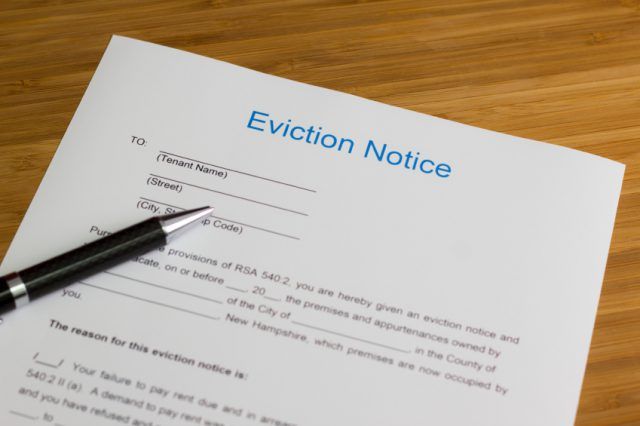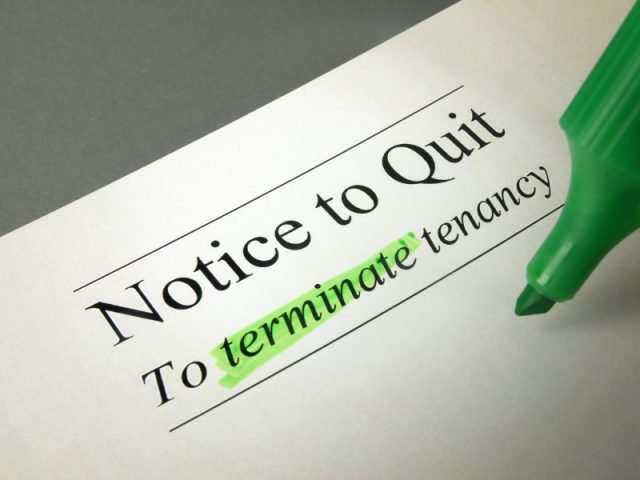Victory for Bristol Tenants in Subletting Scandal
Two Bristol tenants have won a landmark victory in the private rental sector after suffering a subletting scandal.
The couple faced eviction from their flat after discovering that the man they were renting from did not actually own the property. The pair has now won their case in the Bristol Civil Court to avoid being evicted.
Avik Banerjee and Katarzyna Kobylka successfully challenged an eviction order issued to them by the man who did own their flat, in what tenants’ rights campaigners have called a huge victory for private tenants suffering from Bristol’s housing crisis.

Victory for Bristol Tenants in Subletting Scandal
Mr. Banerjee and Ms Kobylka faced homelessness if they were evicted from their flat on Stapleton Road in Easton.
However, the couple managed to persuade a judge at the court that the owner of the flat, Nazir Ahmed, had not properly served the eviction notice, as it did not have their names on it.
The pair’s nightmare began when they answered an advertisement on Gumtree for a flat to rent in Easton last August. They met the man who placed the advert, Joe Pike, viewed the property and signed a tenancy agreement with him, paying £450 a month in rent.
Ahmed served an eviction notice in June, but as it simply stated “Joe Pike and other tenants”, the couple decided to challenge it.
The judge was told that Mr. Ahmed had no idea Mr. Pike was subletting the flat to the couple, while the pair claimed that the two men were “working together” and that Mr. Ahmed was completely aware that they were living there. Mr. Ahmed denied the claim.
The case collapsed when Mr. Pike admitted that he had formally left his tenancy in May 2015, but kept a set of keys for the flat and began subletting the property to the couple later on that summer.
The judge agreed that the couple should be given the correct two months’ notice to leave the property – something they wanted to do anyway.
Mr. Banerjee explains: “We decided to stand up because if we didn’t, who will? We could have left and not made a fuss and cried about what happened to us, and maybe wanted or wished someone else would stand up for us, but no one would have.
“Everyone we went to, every solicitor, and the council’s housing person, told us just to leave and not fight it, because they said we would lose, but we had nowhere to go and we knew we were right.”
Mr. Ahmed told the Bristol Post that he was the “innocent party”, blaming Mr. Pike for “dropping him in it”.
He said: “I’ve had no rent at all. I haven’t been in the flat threatening anyone. I’m an innocent party and I’ve lost out. The judge never gave me a chance to talk in court.”
Nick Ballard, the organiser of social justice group ACORN Bristol, said the case shows the extent of the housing crisis in the city and the victory is important in solving it.
“This case shows that there are landlords who will set up illegitimate deals, whether for tax or other reasons, and that puts tenants into the firing line through no fault of their own,” he insists.
“That’s why we need proper regulations and a code of conduct. Renting out property is a business and should be treated as any other business, but there’s no proper legislation and that’s why you get predatory individuals as landlords.
“Avik and Katarzyna felt angry enough and stood up for themselves and the court found in their favour – this is why ACORN exists, to give them and other renters the support they need.”
Landlords, this guide will help you serve an eviction notice correctly: /legal-expert-offers-advice-landlords-section-21-notices/









